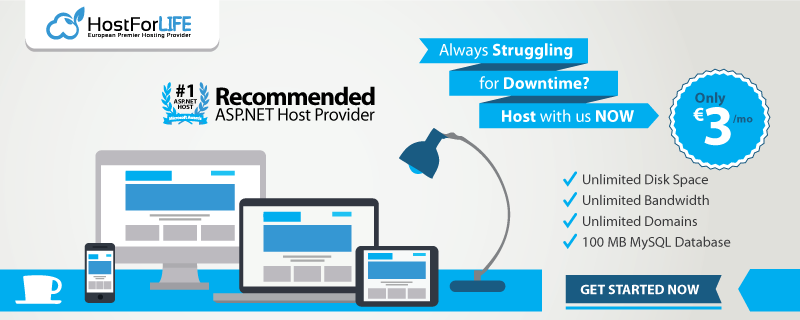For hosting users, cases of website overload are often encountered, causing website performance to be slow and even at worst inaccessible. Overload here has many causes, it is necessary to check whether it comes from the CPU, RAM, MSSQL/MySQL database, hardware or software problems.
Servers are like normal computers, sometimes running slowly while running a lot of processes. In order not to overload like this you can upgrade the hardware and the system. As with hosting when there is an overload, the best solution is to upgrade the above package or you can upgrade to a VPS or dedicated server.
Apart from upgrading, there is a cheaper and more interesting option to try, which is to find the cause of the website overload. If you have found it, just look for ways to overcome the overload.
Causes Website Overload
Here are few things that cause the website to overload:
1. High CPU Usage

Several caused of high CPU usage:
- High traffic websites
- Installing scripts that consume high CPU usage
- Bug on website
- Looping
- Your site being hacked
- Streaming media files
- Many script errors on website
- Cronjob
2. Overload RAM/Memory Usage
Several causes of RAM overload / memory usage:
- Problem on your script
- Using cronjob
- Multiple and concurrent entry processes on a hosting account.
- Anti malware that always running
- High traffic
3. Database Overload
Several causes of database usage overload:
- Using redundant database queries
- Pulling data from database systems that are too large.
- Using a “persistent” database connection so that server performance is taxed.
- High traffic resulting in many database requests.
How to Fix Website Overload
The three problems such as CPU, Memory and database on the overloaded website above can still be resolved, so take it easy. So here, please check how to solve the following website overload:
1. Check dashboard on your control panel
If you are using Plesk control panel, you can easily see the statistic on your contorl panel.

With Plesk control panel, you can easily monitor your space and bandwith usage, you can also monitor your database usage.
2. Compress your file
Before uploading files to server, make sure you compress your files first, the goal is to make the file size smaller and lighter.
3. Check your script
Check the script on your hosting file, make sure there are no errors that cause overload on the server.
4. Use Cloudflare
Cloudflare functions as caching that can help your website load faster.
5. Upgrade your hosting package
If you are currently using a shared hosting service, consider upgrading to a Cloud Dedicated server. You can check our cloud dedicated server plan, our cloud dedicated server plan start from €17.99/month.
